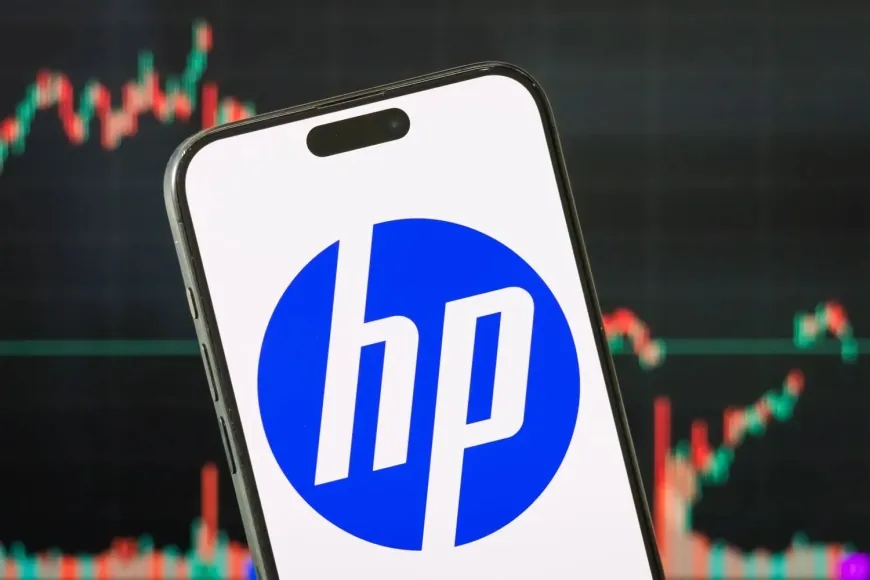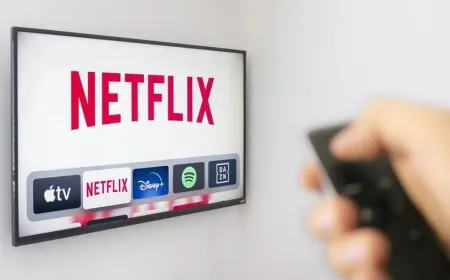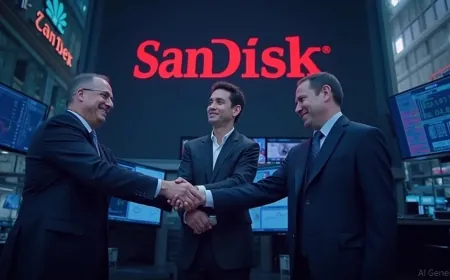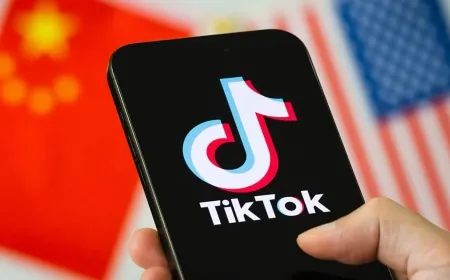HP Stock Drops After Q2 Earnings Miss Due to Tariff Impact and Supply Chain Shifts
HP shares fall sharply after Q2 profits decline 17% amid rising tariffs. CEO outlines global supply chain changes as trade tensions continue to weigh on results.

HP Inc. saw its shares plunge as much as 15% in extended trading Wednesday after reporting second-quarter earnings that fell short of investor expectations, largely due to escalating tariff pressures. Although revenue increased 3.3% year-over-year to $13.22 billion—beating Wall Street’s consensus estimate of $13.14 billion—net profit declined sharply by 17% to $700 million, missing forecasts by a significant margin.
CEO Enrique Lores attributed the profit decline to “additional tariff costs that could not be fully mitigated,” highlighting ongoing challenges from U.S.-China trade tensions. “Despite our efforts to diversify production away from China, the financial impact of tariffs remains substantial,” Lores said on the company’s earnings call Wednesday afternoon.
In response to tariff-related headwinds, HP has accelerated its global manufacturing shift. The company now sources products from Vietnam, Thailand, India, Mexico, and the U.S., with nearly all North American-bound products expected to be produced outside China by the end of June. This supply chain realignment aims to reduce exposure to tariffs imposed as part of the Trump administration’s trade policies.
Despite these adjustments, HP’s stock closed the regular trading day down nearly 12%, before paring losses to roughly 8% in after-hours trading. The share price drop contributed to an overall 16% decline in HP stock year-to-date, reflecting broader market skepticism about tech companies navigating tariff and supply chain disruptions.
The tariffs at issue originated in April under the Trump administration’s so-called “Liberation Day” tariffs, which imposed a 145% duty on certain Chinese imports. Although these rates were lowered to 30% earlier this month amid ongoing trade negotiations, the financial strain on companies like HP remains significant.
Adding to uncertainty, the U.S. Court of International Trade issued a unanimous ruling Wednesday, stating the Trump administration lacked legal authority to impose sweeping tariffs under Section 301. The court’s decision orders the vacating of those tariffs, but the timing and impact of this ruling on companies’ financials and supply chains remain unclear.
Trade tensions have cast a cloud over the current earnings season, with several major corporations revising down guidance or pulling forecasts entirely. General Motors lowered its profit outlook citing tariffs and rising material costs, while consumer brands like Chipotle and PepsiCo also warned of headwinds from trade and inflation. Others, including Snap, Delta Air Lines, and American Airlines, have suspended forward-looking guidance, citing unpredictability linked to tariffs and global economic conditions.
Investors continue to weigh the risks of an evolving geopolitical landscape as global supply chains adapt to shifting trade policies. For HP, the challenge remains balancing cost pressures while maintaining competitive pricing and timely product delivery.
Following the court’s decision to block key tariffs, HP is under pressure to manage costs already affected by months of trade tensions. Analysts are focused on whether the company’s shift in production away from China will translate into meaningful relief for profits in the coming quarters.
Also Read: BlackRock Nears $12 Billion Private Credit Deal with HPS Investment Partners































































